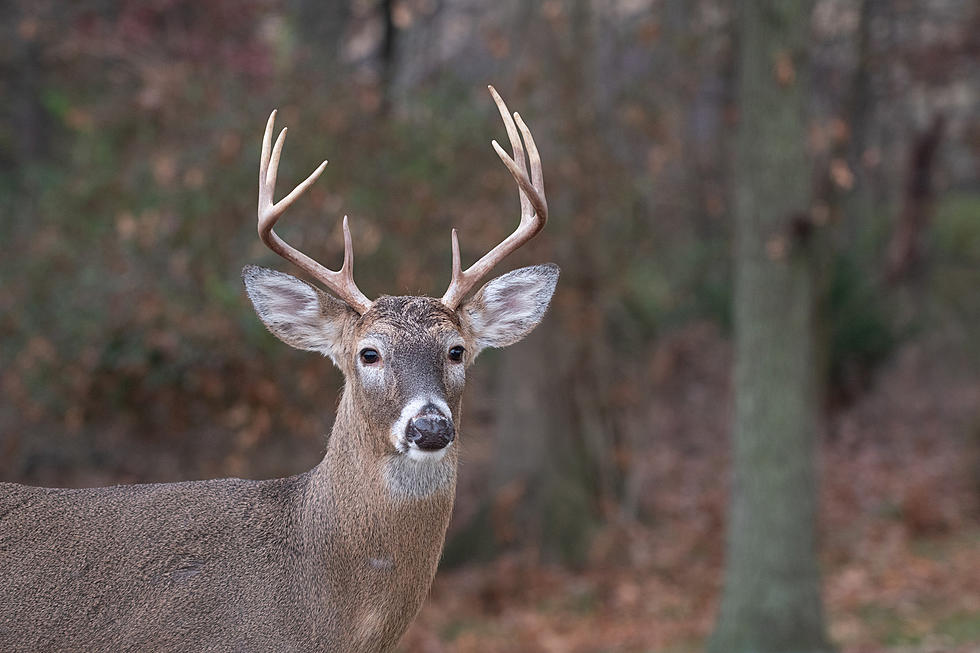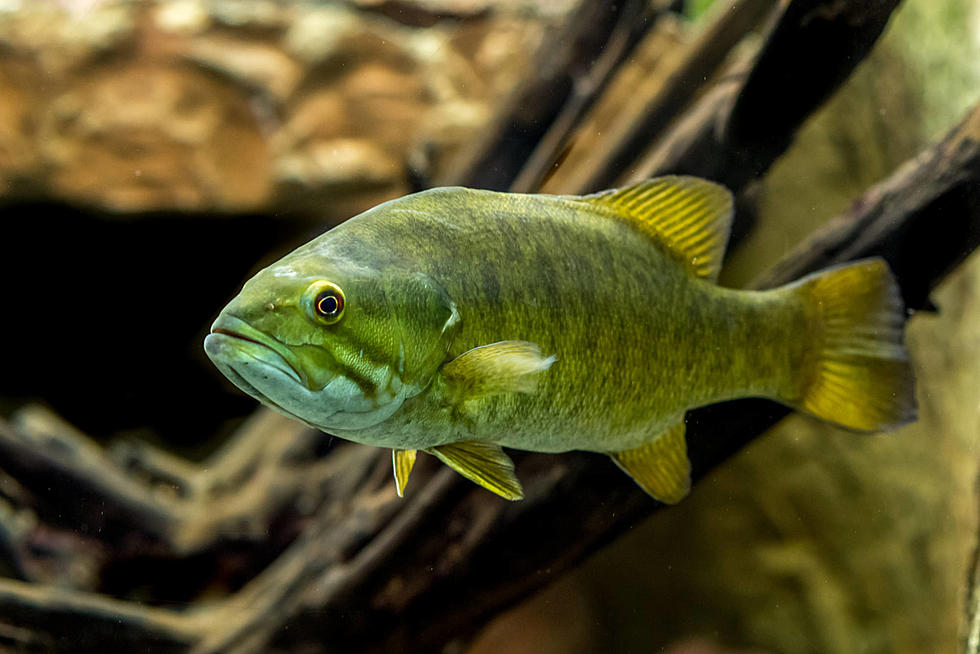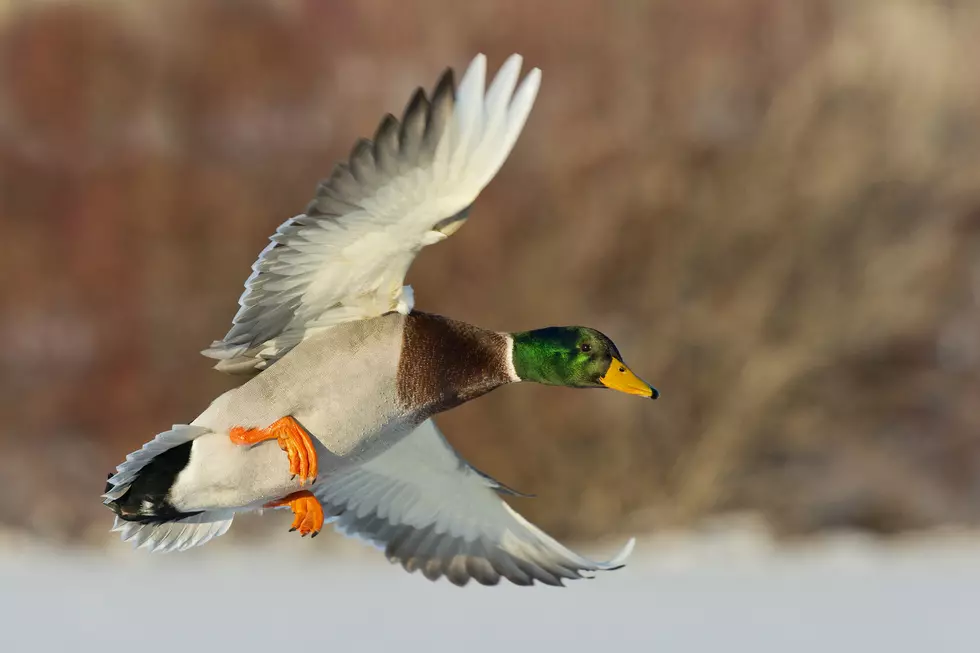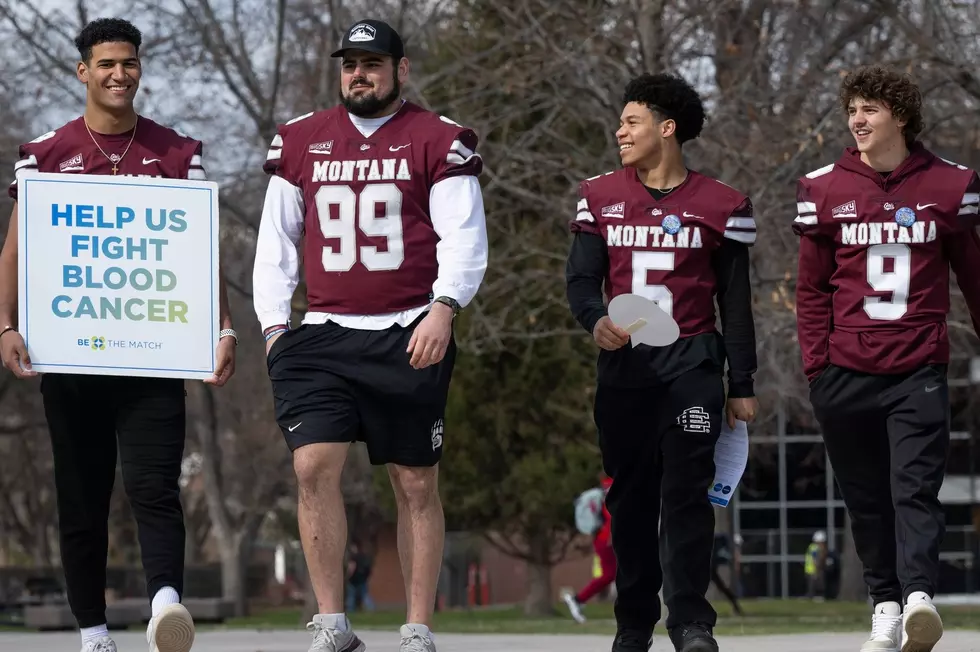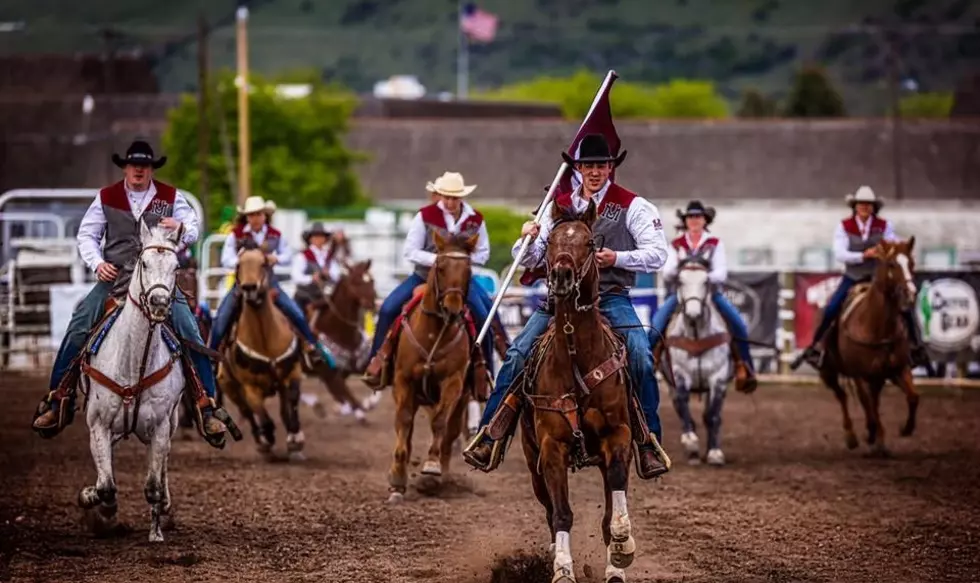
Yes, Montana Has Rules of Road Kill Salvage With Permit Needed
Do I lead a sheltered life because I know absolutely no one who has done this?
That's not to imply it doesn't serve a purpose, or that it couldn't benefit a person or persons in need. And if you are someone who does or you know someone, we ain't judging. It's all good from here. Just make sure you follow the Montana Rules of Salvage.
As it gets deeper into the winter months and more critters descend from higher elevations in search of warmer, drier conditions and more plentiful food sources, Montana Fish, Wildlife and Parks likes to increase the awareness of permits being needed for anyone wanting to salvage a road-killed deer, elk, moose or antelope. You must obtain what is called a "Vehicle-Killed Wildlife Salvage Permit."
The good news is that those permits are available at no cost. An interesting element to the process is that you need not have the permit in advance of taking a road-killed animal into your possession. That can be done after the fact, but the permit does need to be obtained within 24 hours of the time a person takes an animal into their possession. So, you don't need a permit until you need a permit.

While that might seem a bit confusing, Montana FWP actually makes the whole permit acquisition process pretty simple. For example, permits are available either through law enforcement officers on the scene of collisions or online on the designated vehicle-killed salvage permit page of the FWP website.
There are a number of other guidelines you need to follow when it comes to salvaging a carcass:
>Any salvaged animal must be removed in its entirety from the roadway by the permit holder. You don't get to pick and choose select parts.
>It's okay to field dress the animal on site, but all entrails or any other parts of the animal carcass have to be removed. You're not there to ring the dinner bell for scavengers and predators.
>Road-killed animals may not have tags issued for the purpose of hunting. Not sure why someone would waste a tag that way, but okay.
>If you are picking up an animal to be salvaged, you must comply with all highway rules and regulations while removing the animal. Park your vehicle off the roadway out of the line of traffic.
>The permit holder acknowledges that collecting vehicle-killed animals on state highways is dangerous. Gather at your own risk.
>And you do not get to be the judge! A person may not kill an injured or wounded animal that they encounter for the purpose of salvage. However, a law enforcement officer who comes upon the scene of a vehicle-animal accident, may make the decision to end an animal's life, at which time it can be taken for salvage.
Perhaps a little more involved and detailed than some of us may have thought it was.
10 Best Steakhouses in Montana
States with the most registered hunters
More From 94.9 KYSS FM
